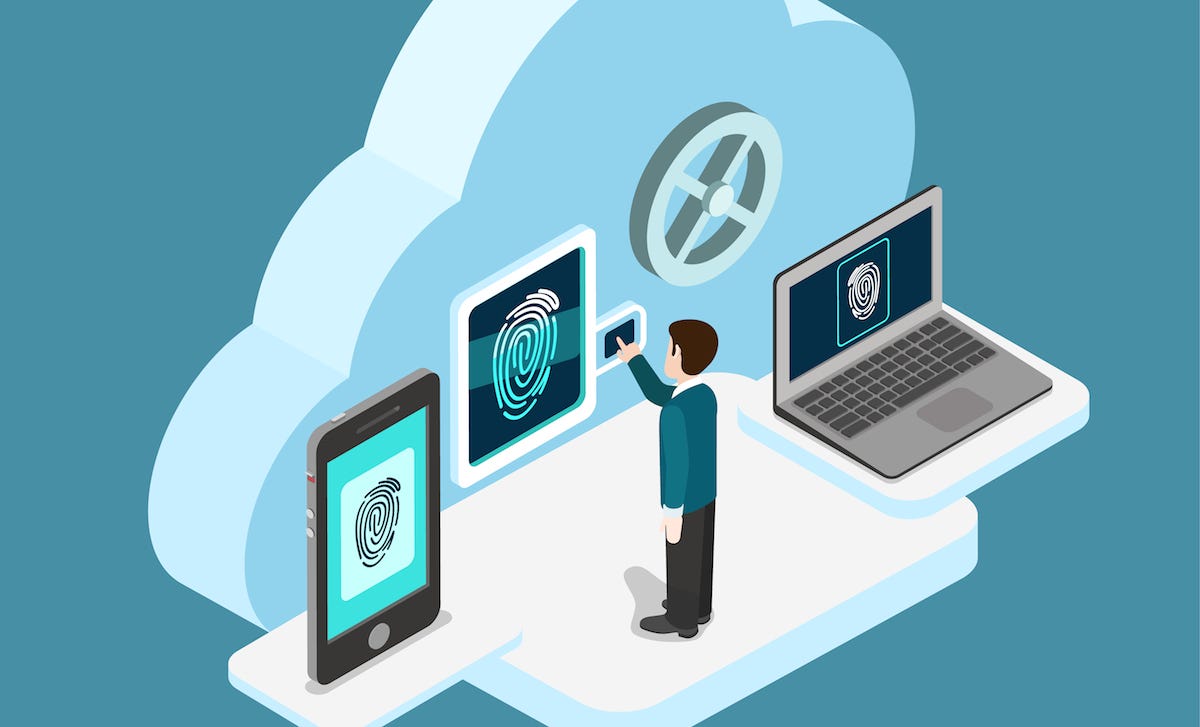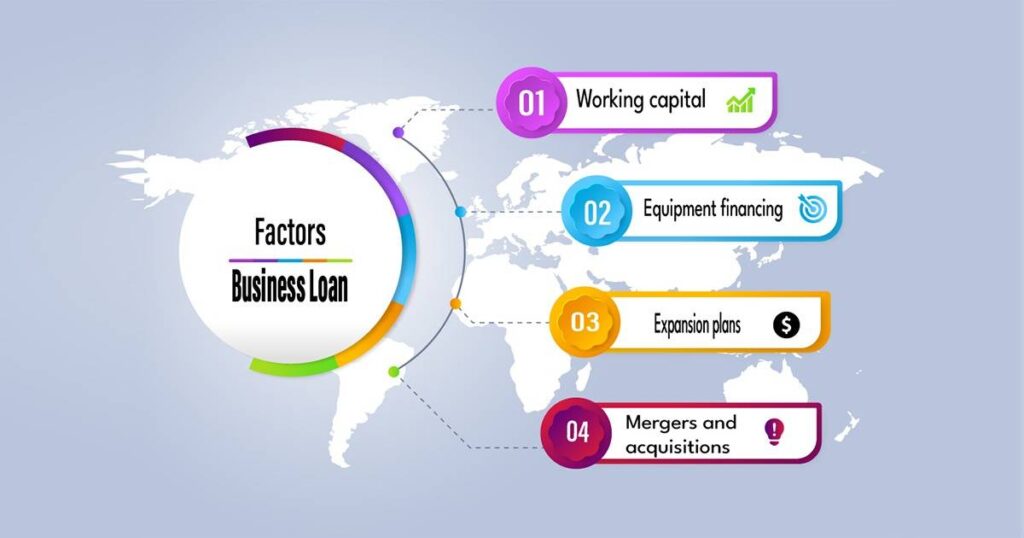Securing a $1 million SBA loan can significantly boost your business, but getting approved requires a clear strategy. “Unhackable Strategies to Get Approved for a $1 Million SBA Loan” simplifies the process, offering practical tips to improve your chances. This guide covers everything from preparing detailed financial documents to understanding the SBA loan requirements and enhancing your credit profile. Whether you’re a new or established business, these proven strategies will help you confidently navigate the SBA loan process and secure the funding you need for growth.

What business loans go up to $1million?
Business loans are money that banks or lenders give to companies to help them grow or manage their finances. Companies can use these funds for things like starting a new venture, buying equipment, or expanding operations. There are different types of business loans, such as term loans, lines of credit, and SBA loans, each with its own repayment terms and interest rates. These loans are crucial for businesses to get the cash they need to succeed and develop.
How to Successfully Obtain a $1 Million Business Loan:
Getting a $1 million business loan involves several steps to prove to lenders that your business is a good investment. Here’s a simple guide:
- Evaluate Your Needs:
Clearly define why you need the loan and how you will use the money. - Check Your Credit:
Ensure your personal and business credit scores are strong, as they significantly affect loan approval. - Prepare Financial Documents:
Gather key financial statements, including profit and loss statements, balance sheets, and cash flow statements. - Create a Business Plan:
Write a detailed plan explaining your business model, market strategy, and how the loan will help achieve your goals. - Choose the Right Lender:
Research banks, credit unions, and online lenders to find those offering large loans and favorable terms. - Understand Loan Options:
Familiarize yourself with different loan types, such as SBA loans, which often offer large amounts with favorable terms. - Apply and Negotiate:
Submit your loan application with all required documents and be ready to discuss terms and conditions with the lender. - Maintain a Good Relationship:
Stay in contact with your lender throughout the process and after receiving the loan to manage any issues and foster future borrowing opportunities.
Following these steps can increase your chances of securing a $1 million business loan.
Business Guide: Steps to Securing Your Loan:
1. Types of Loans
Understand different options such as term loans (fixed repayment), lines of credit (flexible borrowing), and SBA loans (government-backed).
2. Assess Your Needs
Determine why you need the loan and calculate the amount required based on your business goals.
3. Check Eligibility
Ensure your credit score, financial health, and business plan are strong to increase your chances of approval.
4. Gather Documents
Collect necessary documents including financial statements, tax returns, and a well-structured business plan.
5. Choose a Lender
Compare offerings from banks, credit unions, and online lenders to find the best terms and conditions for your business.
6. Apply
Complete the application process thoroughly and submit all required documents to your chosen lender.
7. Understand Terms
Review and understand the interest rates, fees, and repayment schedule associated with the loan.
8. Manage Responsibly
Utilize the loan wisely to achieve your business objectives and ensure timely repayment to maintain a good credit profile.
Following these steps can streamline the process of obtaining a business loan and improve your chances of securing financing for your business needs.
Key Eligibility Factors for Business Loans:

The eligibility criteria for a business loan can vary depending on the lender and the type of loan you’re applying for. However, here are some common factors that lenders typically consider:
- Credit Score:
Both your personal credit score and your business’s credit score are important. A higher score generally improves your chances of approval and may qualify you for better terms. - Business History:
Lenders often prefer businesses that have been operating for at least a year or more. Startups may find it more challenging to qualify for larger loans without a solid track record. - Revenue and Cash Flow:
Lenders want to see that your business generates sufficient revenue and has positive cash flow to cover loan payments. - Business Plan:
A well-structured business plan demonstrates your understanding of your market, competitors, and financial projections. It also outlines how you intend to use the loan and achieve your business goals. - Collateral:
Some loans require collateral, such as real estate, equipment, or inventory, to secure the loan. This reduces the lender’s risk and may improve your chances of approval. - Industry Risk:
Certain industries are perceived as higher risk by lenders. Factors like economic conditions, market trends, and regulatory issues in your industry can affect loan eligibility. - Legal and Financial Documents:
Lenders will typically require documents such as business licenses, tax returns, financial statements (profit and loss, balance sheet), and bank statements to assess your financial health and ability to repay the loan. - Debt-to-Income Ratio:
Lenders evaluate your business’s debt-to-income ratio to ensure you can afford additional debt payments without straining your finances.
It’s essential to research different lenders and their specific eligibility requirements before applying for a business loan. Meeting these criteria can improve your chances of securing financing for your business needs.
Types of Business Loans:
- Term Loans:
A lump sum of money repaid over a fixed period with a set interest rate. - Lines of Credit:
Flexible borrowing up to a predetermined limit, with interest paid only on the amount used. - SBA Loans:
Government-backed loans offering favorable terms for small businesses. - Equipment Financing:
Loans specifically for purchasing equipment, where the equipment serves as collateral. - Invoice Financing:
Advances on outstanding invoices to improve cash flow. - Merchant Cash Advances:
Lump sum provided in exchange for a percentage of future sales.
Each type of loan serves different business needs, so it’s essential to choose one that aligns with your specific goals and financial situation.
Required Business Documentation for a Business Loan:
- Business Plan:
- Financial Statements:
1) Profit and Loss Statement:
2) Balance Sheet:
3) Cash Flow Statement:
- Tax Returns:
- Business Licenses and Permits:
- Ownership and Legal Documents:
1) Articles of Incorporation or Operating Agreement
2) Partnership Agreement
- Credit Reports:
- Collateral Documentation:.
- Business Overview:
- Loan Use Explanation:
- Additional Financial Information:

Steps to Apply for a Business Loan:
- Preparation:
- Choose a Lender:
- Application Process:
- Submit Documentation:
- Review and Approval:
- Loan Decision:
- Receive Funds:
Conclusion:
Securing a business loan is a pivotal step for many entrepreneurs looking to start or expand their ventures. It involves thorough preparation, from assessing your financial readiness to gathering necessary documents and choosing the right lender. Understanding your business needs and diligently presenting your case can significantly enhance your chances of approval. Remember, each lender has unique requirements, so researching and comparing options is crucial. Once approved, managing your loan responsibly and utilizing funds effectively will not only support your business’s growth but also strengthen your financial standing for future opportunities.
FAQs About Business Loans
- What types of business loans are available?
- Business loans come in various forms, including term loans, lines of credit, SBA loans, equipment financing, and invoice financing.
- Business loans come in various forms, including term loans, lines of credit, SBA loans, equipment financing, and invoice financing.
- How can I qualify for a business loan?
- Qualification typically depends on factors such as your credit score, business revenue, profitability, business plan, and collateral (if required).
- Qualification typically depends on factors such as your credit score, business revenue, profitability, business plan, and collateral (if required).
- What documents do I need to apply for a business loan?
- Commonly required documents include a business plan, financial statements (profit and loss, balance sheet, cash flow), tax returns, business licenses, and ownership documents.
- Commonly required documents include a business plan, financial statements (profit and loss, balance sheet, cash flow), tax returns, business licenses, and ownership documents.
- How long does it take to get approved for a business loan?
- Approval timelines vary by lender and can range from a few days to several weeks, depending on the complexity of the application and documentation.
- Approval timelines vary by lender and can range from a few days to several weeks, depending on the complexity of the application and documentation.
- What interest rates can I expect on a business loan?
- Interest rates depend on factors such as the type of loan, your creditworthiness, market conditions, and the lender’s policies. Rates may be fixed or variable.
- Interest rates depend on factors such as the type of loan, your creditworthiness, market conditions, and the lender’s policies. Rates may be fixed or variable.
- Can I get a business loan with bad credit?
- It may be challenging, but some lenders offer options for businesses with less-than-perfect credit. However, terms and rates may be less favorable.
- It may be challenging, but some lenders offer options for businesses with less-than-perfect credit. However, terms and rates may be less favorable.
- What can I use a business loan for?
- Business loans can be used for various purposes, including starting a business, expanding operations, purchasing equipment, managing cash flow, and more.

